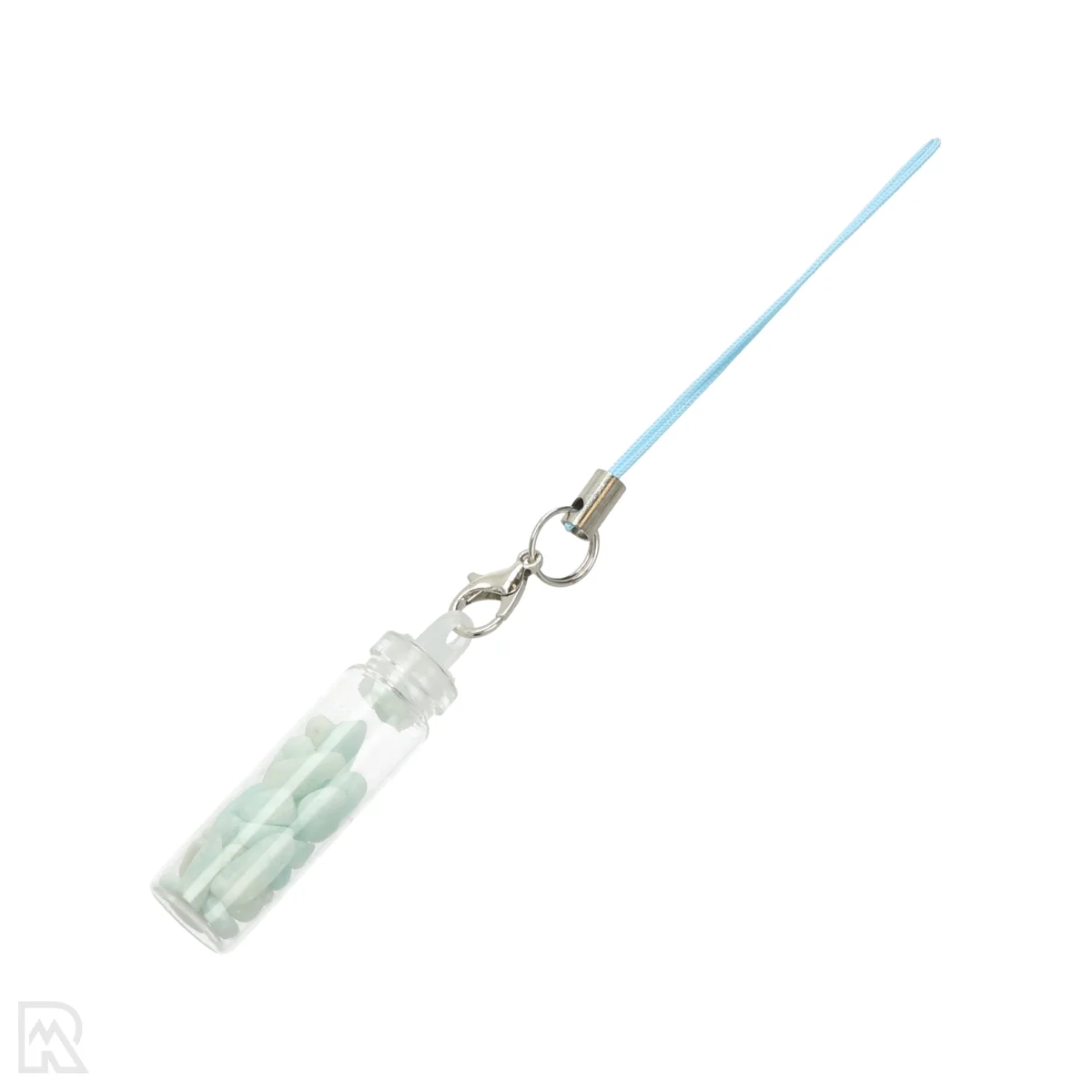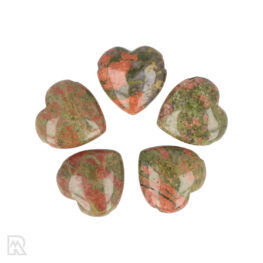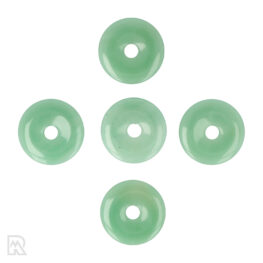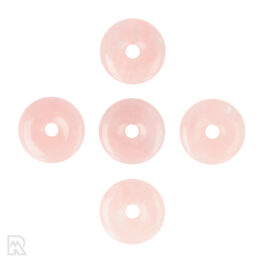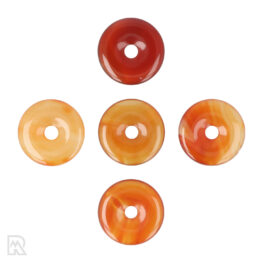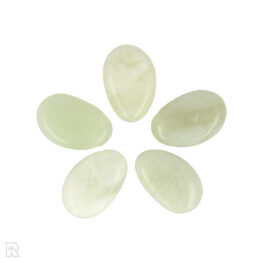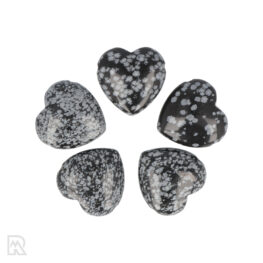| Gewicht | 0,05 kg (50 gr) |
|---|---|
| Dimensions | 1,1 × 1,1 × 3,5 cm |
| Sales Unit | |
| Type | |
| Form | |
| Origin | |
| SKU | 4981 |
Amazonite Lucky Bottle
Amazonite Lucky Bottle from China
Amazonite
Amazonite is a striking variety of feldspar known for its distinctive blue-green colour. The stone is named after the Amazon, although there are no known deposits in that area. The colour ranges from soft turquoise to deep greenish blue and is caused by the presence of lead and water in the crystal structure. Often amazonite has a slightly striped or mottled pattern, which contributes to its unique appearance.
Major deposits of amazonite include Brazil, Madagascar, Russia and the United States. The brightest and most intensely coloured specimens often come from Colorado and Madagascar. Geologically, amazonite forms in pegmatites, coarse-grained magmatic rocks rich in minerals. The chemical formula of amazonite is K(AlSi₃O₈), and it belongs to the microcline feldspars. With a hardness of 6 to 6.5 on the Mohs scale.
Sources: Mindat.org, Gemdat.org, Wikipedia - Amazonite
Selenite
Selenite is a clear to translucent variety of the mineral gypsum (CaSO₄-2H₂O). It is known for its glassy to pearly luster and often fibrous structure. A common form is selenite, which has a silky luster and occurs in long, fibrous crystals. Despite its name, selenite has nothing to do with the element selenium; the name is derived from the Greek word for moon, because of its soft luster.
Selenite forms in sedimentary environments during the evaporation of seawater and is found in countries such as Mexico, Morocco, the US and Australia. It is a soft mineral with a hardness of 2 on the Mohs scale, making it easy to work by hand. Almost all selenite sold on the Dutch market is satin spar; however, selenite is a market-accepted sales name.
Sources:
Mindat.org, Gemdat.org, Wikipedia - Selenite
